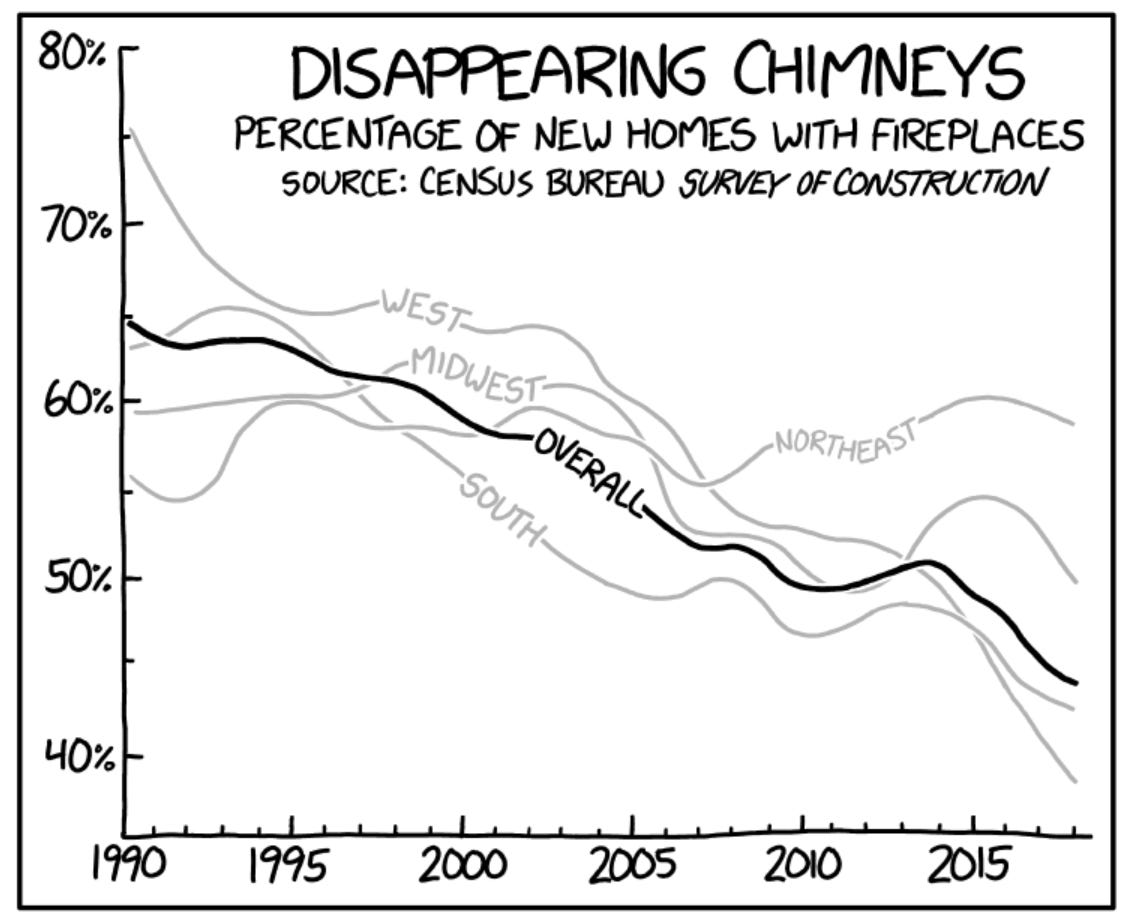Why is this interesting? - The Conservation Growth Edition
On Africa, nature, and new approaches to conservation
Colin here. Conservation in Africa is a vast undertaking, and it can often slide into abstraction. Some of the most pressing issues of the world force this ever-present topic out of the news cycle. But it is vitally important.
The dangers to the continent’s wildlife are well-publicized. Poaching represents a profitable trade, especially in impoverished communities. There’s also the short-term economic benefit of selling off forest-derived wood materials for profit. The illicit ivory trade bankrolls guerrilla armies and their weapons. And as the population grows, there’s also simply more strain on natural resources.
One approach being considered is about re-framing conservation from something charitable to an economic opportunity that can catalyze growth and create empowerment.
Why is this interesting?
Fred Swaniker, the Ghanian founder of African Leadership University (ALU) and a former McKinsey consultant, has been looking at how a new wave of African entrepreneurs and businesses can be empowered to use conservation for upward growth. The continent is projected to quadruple it’s population by 2100, growing to nearly three billion people and he is planning to identify, develop, and connect three million game-changing leaders for Africa over the next forty years.
The goal is clear: Create an ownership mindset around conservation. “Today, most African communities do not see wildlife as an asset that they ‘own’; and strong African voices are largely excluded from the conservation agenda,” states the ALU’s school of wildlife conservation website. “We believe that unless African communities feel ownership of wildlife and the natural environment, they will have little incentive to conserve it.” And the issue is made even more important when you consider that the average age of an African is just under 20 years old, meaning they’re at the precipice of important career decisions.
The idea, at its core, is to encourage startups, new businesses, more female involvement, and more investment centered around conservation. At a recent business of conservation forum in Rwanda, Swaniker suggested growth sectors in any form of business (like technology or health care) have similar characteristics. They have an enabling environment in terms of law and policy that prioritizes growth, they have a magnetic appeal toward the best and brightest talents of a nation, and they generate significant revenue, both for the business’ founders as well as tax revenue for the country or city. So why not look at conservation the same way we look at other growth-oriented profit-generating industries?
There are obvious opportunities in conservation-led travel: Guiding, lodging, ecology, and hospitality. But there are also other, more technology-first, ideas as well. The World Wildlife Foundation‘s (WWF) first international Human-Wildlife Conflict Tech Challenge, for instance, called “on technology developers, engineers, designers and nature lovers to find a new way to help minimize conflict between people and wildlife.” There’s also an industry developing around tools to help anti-poaching teams at progressive reserves track wildlife, as well as the known movements of poachers. Other early startups aligned to conservation include Tanzania’s Green Charcoal, which sources abundant, otherwise discarded, agricultural waste such as coffee husks, maize, corn cobs, and rice husks to make a briquette for cooking and OBRI Tanzania, a sustainable farming company that makes healthier and more affordable cooking oils, from sunflowers, replacing oils that would have had to be imported from overseas.
Thinking of conservation as a business opportunity is a simple re-framing that injects a dire problem with new energy. If it works it could create a magnet of attraction to some of the brightest talent in Africa: Offering an opportunity to do both profitable and meaningful work. If these two things can be better aligned, there’s hope of making a dent in one of the largest problems facing the continent. (CJN)
Chart of the Day:
From this excellent XKCD on how to deliver Christmas presents in a future without chimneys. (NRB)

Quick links:
Via Naveen, a very interesting “52 things I learned in 2019” (CJN)
Very interesting Twitter thread on Watchmen and the rise of the Black cop (NRB)
Thanks for reading,
Noah (NRB) & Colin (CJN)
PS - Noah here. I’ve started a new company and we are looking for a sr. backend engineer to join the team. If you are one of those or know anyone who is great, please share. Dinner’s on me at a restaurant of your choice if you help us find someone.
Why is this interesting? is a daily email from Noah Brier & Colin Nagy (and friends!) about interesting things. If you’ve enjoyed this edition, please consider forwarding it to a friend. If you’re reading it for the first time, consider subscribing (it’s free!).


